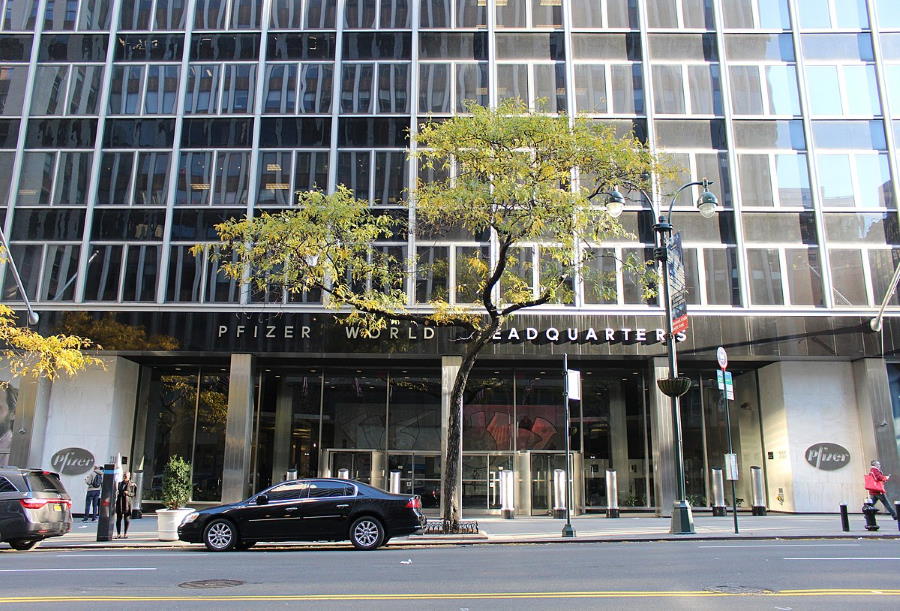Etrasimod data suggests Pfizer's $6.7bn gamble on Arena will pay off

It's only been two weeks since Pfizer closed its $6.7 billion takeover of Arena Pharmaceuticals, and it already has the positive data it was hoping for with etrasimod, the main asset in the deal.
In its first phase 3 readout, oral S1P receptor modulator etrasimod met its objectives in patients with moderately-to-severely active ulcerative colitis, who had previously failed or were intolerant to at least one prior conventional, biological or JAK inhibitor therapy.
Compared to placebo, etrasimod therapy was associated with a higher rate of clinical remission at 12 weeks, the ELEVATE 12 trial's primary endpoint, and according to Pfizer also achieved statistically significant improvements in all key secondary endpoints with no unwanted surprises on safety.
The full data isn't being made available yet, but will be watched keenly to see how it stacks up with etrasimod's main rival, Bristol-Myers Squibb's S1P drug Zeposia (ozanimod), which was approved for ulcerative colitis last year and is also used to treat relapsing multiple sclerosis.
With one successful trial in hand, Pfizer is now waiting for the results of a second, confirmatory trial – ELEVATE-52 – in a similar patient population but with a 12-month follow-up period.
Results of that are expected within the next couple of weeks, and if positive will allow the company to file for approval in the US.
Like Zeposia, etrasimod is also in clinical testing for other diseases, including Crohn's disease with phase 2 results due later this year, as well as eosinophilic oesophagitis, atopic dermatitis and alopecia areata.
BMS has high expectations for Zeposia, saying it think sales could reach $5 billion if its indications can be extended to conclude Crohn's disease and other inflammatory diseases, although it still has a long way to go as 2021 sales were just over $130 million.
Meanwhile, analysts at Wells Fargo have said they think etrasimod could become a $2.5 billion product if it shows a competitive profile against BMS' drug.
"These positive results demonstrate that etrasimod, if approved, could be a potential breakthrough option for patients with ulcerative colitis who aren't able to experience improvement on current therapies," said Pfizer's head of inflammation and immunology development Michael Corbo.
Pfizer agreed to acquire Arena last December, and closed the deal on 11 March after a slightly longer-than-expected antitrust review.












